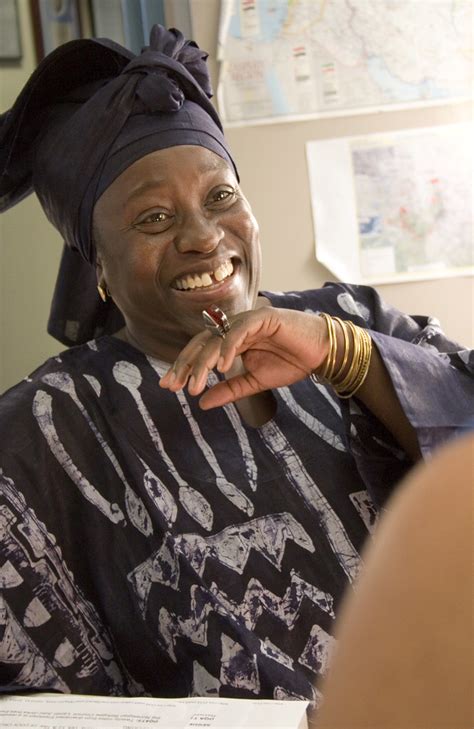A Quote by Richard Preston
Here's what's terrifying about Ebola. Ebola is invisible. It's a monster without a face. With the science that we have now, we can perceive Ebola as being not one thing but as a swarm, and the swarm is moving through the human population and expanding its numbers. It has the qualities of a monster.
Related Quotes
Ebola has killed almost 12,000 people and at least 500 health workers. So it affected the entire population. And as you know, the World Health Organization was accused of not having declared an epidemic soon enough. And that's when we saw Ebola rampaging through Sierra Leone, Liberia and, to a lesser extent, Guinea.
































